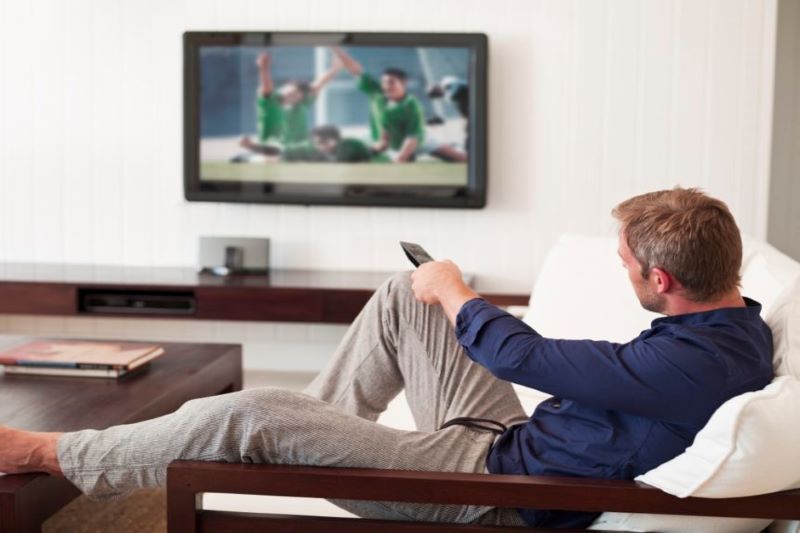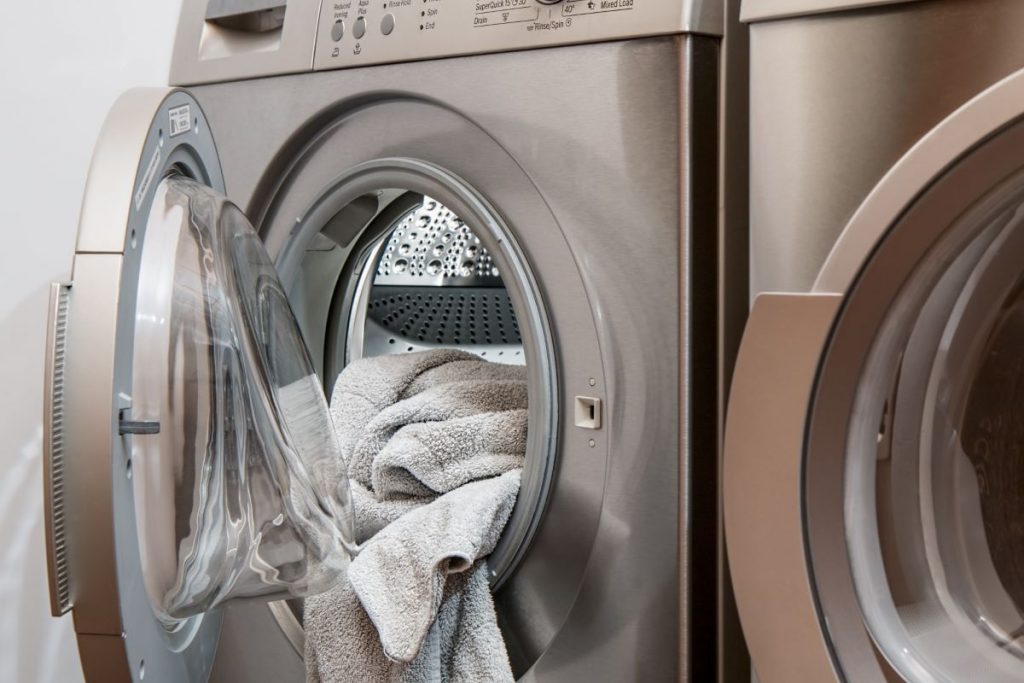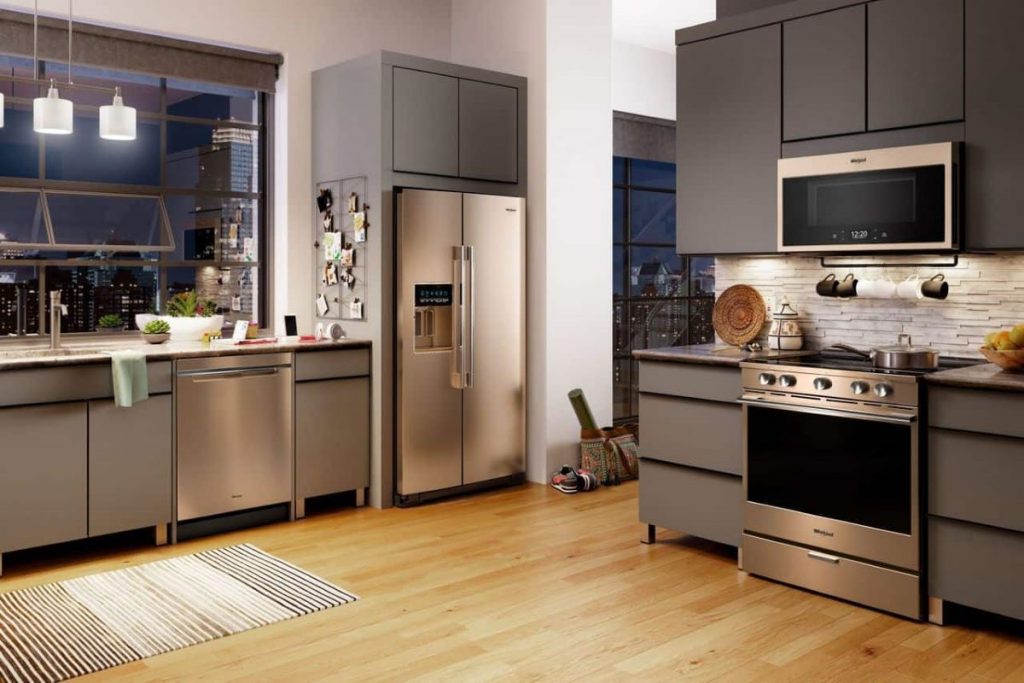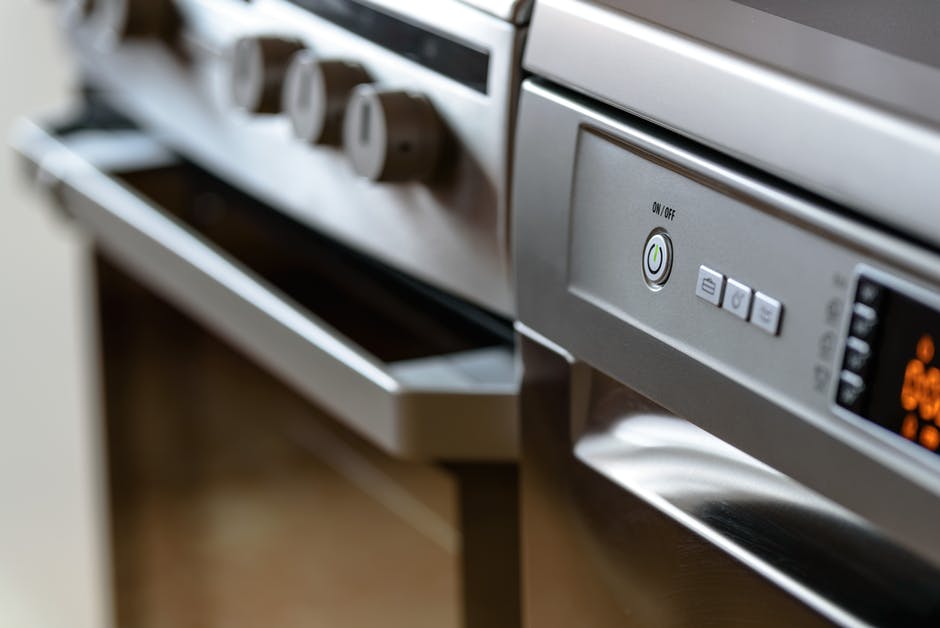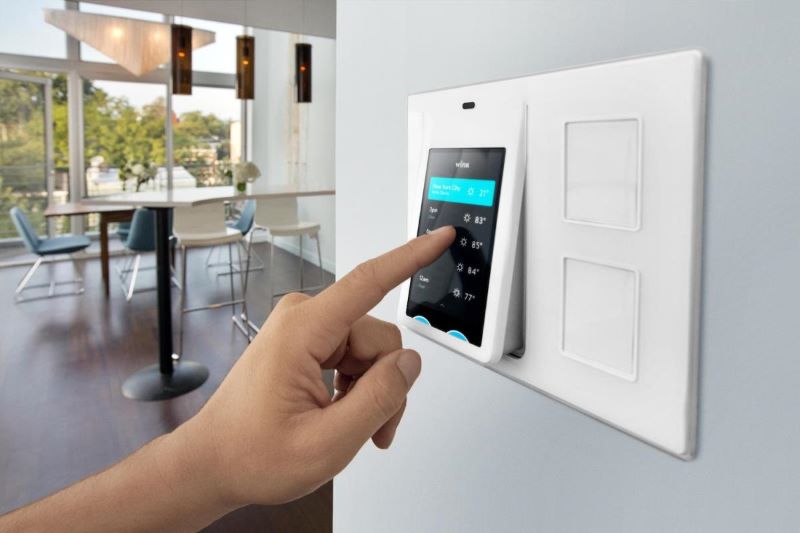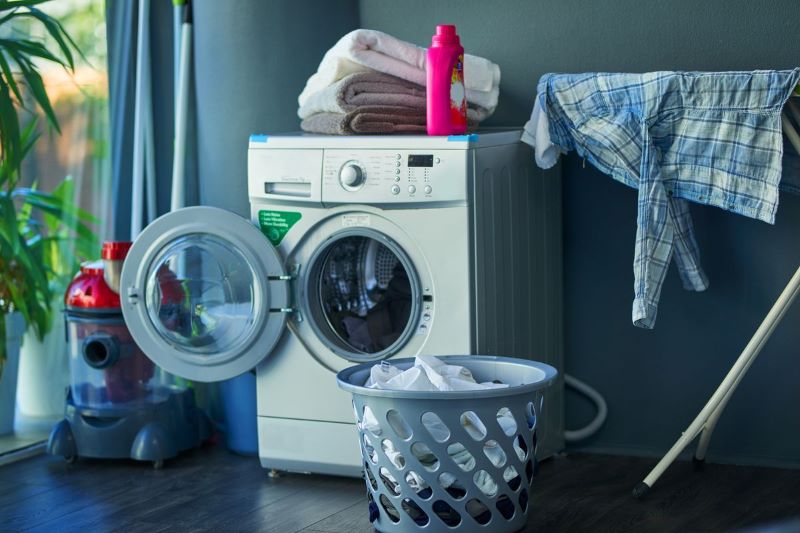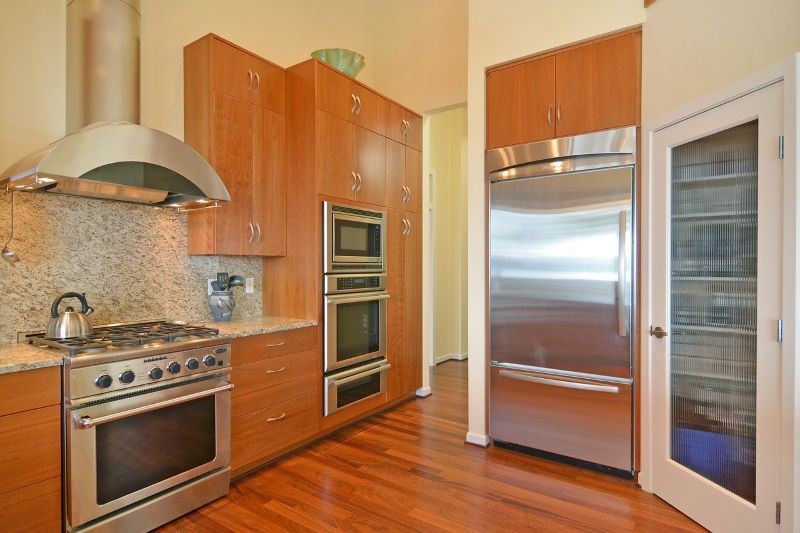Table of Contents
In today’s age of technology, the experience of television viewing has been redefined by the evolution of digital TVs. Most Aussie homes now opt for a high-tech digital TV viewing experience in their homes.
Homeowners install a TV antenna so they can watch over-the-air television. As opposed to cable networks or satellite television, this form of television broadcasting is free. Moreover, the over-the-air television can be geared more to the local area, which often benefits those living in a small town or in rural places.
Regardless of what TV set you buy, an antenna installation is crucial to guaranteeing optimum picture quality. Thus, people who buy a TV also invest in a television antenna. In fact, there is an extremely high demand for digital TV antenna installation in Australia today. Almost every household is switching over to digital TV, and each one wants to have the best viewing experience.
Here is a guide to picking out and installing a TV antenna.
Selecting the Right TV Antenna
There are three important considerations when selecting the right kind of antenna. You need to choose between:
- Indoor and an outdoor antenna
- Uni-directional and a multi-directional antenna
- Amplified and non-amplified antenna.
An indoor antenna is too small – it is less than a foot in height. It can be placed right on top of the TV set. Although it only requires minimal installation and is cheaper, an indoor antenna cannot compete with the range of quality of an outdoor antenna. Most outdoor antennas come in at about eight feet or about 2.44 meters in height.
A unidirectional antenna is one that will receive signals from a single direction. This is best suited for getting signals that are far away. On the other hand, a multi-directional antenna can get signals from most directions surrounding your house. However, it is more likely to pick up a slightly less clear picture and noise distortion.
The location of the TV and normal weather conditions can also play a crucial role in determining what kind of antenna is the best choice for your home. Terrains, for instance, can affect TV antennas. If your home is surrounded by many tall trees in each direction, the signal can experience interference. The same is true with your home’s elevation; being located on top of a mountain may help you get a clear signal and impeccable reception, but if your house is in a valley, the result can be the opposite.
Why Opt for Professional TV Antenna Installation
Most homeowners believe that a TV antenna installation is a straightforward and easy task, so they often do it on their own. But each time anyone deals with electronics, there is a risk involved. Getting professionals to perform the job is smarter as it will minimise the risk and relegate the job to those with the right knowledge and tools to finish the installation quickly and securely.
A TV antenna must be installed in the best spot for it to have excellent reception. You are lucky if you are in a place where the antenna can be positioned anywhere and yet still gets good reception. However, if you are in an area where signal strength is poor, you must find that good spot for it to generate good reception and more channels.
A reputable professional installer can do this easily on your behalf because this is what he does for a living. Expect that with an expert doing the antenna and TV wall mount installation, you will enjoy watching more TV channels in high definition in no time.
An expert antenna installer will easily figure out why you have poor signal. He is aware that there are several factors that can interfere with the signal and these include buildings, trees, and many others. So if your antenna has already been installed, you can also hire him to determine why your TV is not getting good reception.
Moreover, professional installation will mean that there will be fewer to no problems in the future. For instance, a strong wind and a heavy storm can loosen the TV antenna. A competent installer will correctly set up the antenna the first time so that there will be no complications during future storms.
If you want to save money, a professional TV antenna installation service is your only option. Working with an amateur may require a cheaper fee, but there is a big chance that you won’t be satisfied with his work. In the end, you may still hire a professional to perform the job.
Factors Affecting the Cost of Antenna Installation
The size and quality of the TV antenna and the need for professional installation are the biggest factors in terms of determining the cost of the installation. Additional factors may include hidden wirings inside your home, remote control rotor for fast and easy use, and interior attic installation.
A high-quality antenna is a worthy investment. Yes, it is more expensive, but it can last for decades. Also, it gives you a greater chance of receiving a good reception for longer. You can’t just buy any TV antenna – you should get one that matches your TV unit. An expert will help you choose the correct antenna.
Extra Features for a TV Antenna
There are additional items that will help maximise the reception and utility in your home. Radio signals, for instance, can interfere with the TV broadcast. The use of a simple interference filter can resolve such a problem. And if you do not want to install your TV antenna on the roof, you can opt for a mast or pole where the antenna will be placed.
Moreover, an amplifier will help strengthen the reception signals coming from miles away. If signals are coming from two opposing directions, a rotor can be helpful. This is a device that allows you to control the direction of the TV antenna.
As you can see, there are plenty of important considerations to remember when choosing and installing the right TV antenna. Despite the fact that you can watch different channels for free by using a TV antenna, you won’t see the value in owning it if the antenna is not properly installed at the right spot to catch excellent signals. Technical knowledge and skills are required, and only professional technicians have both.
